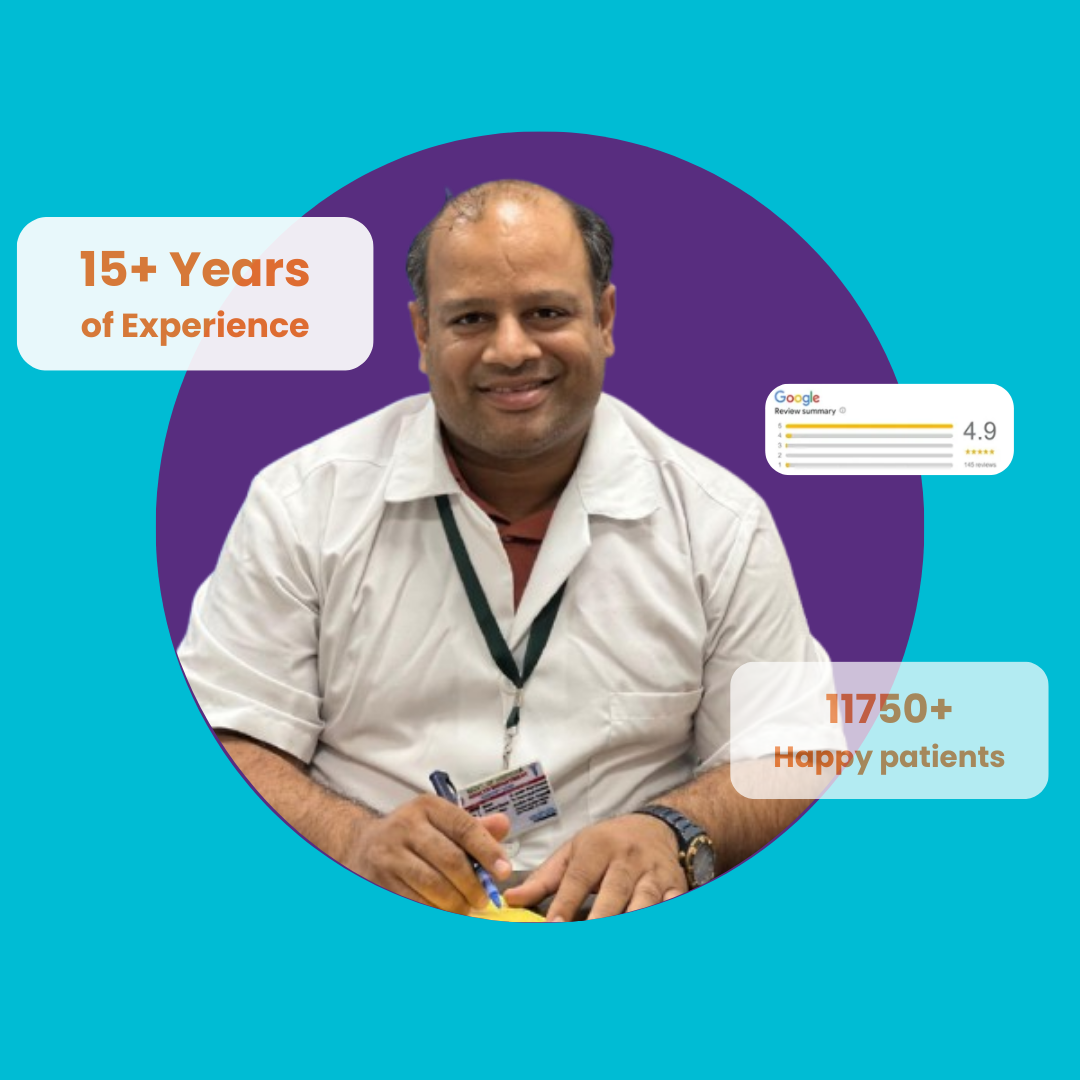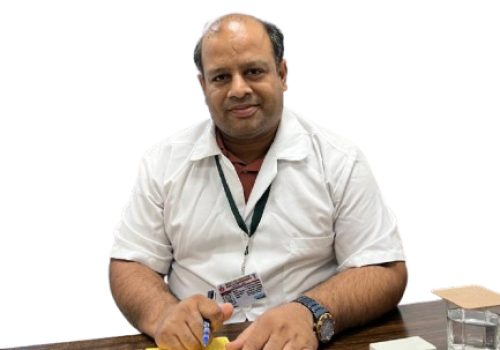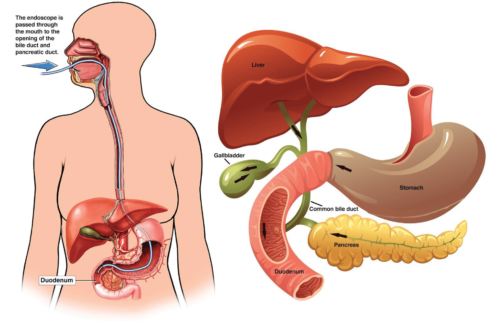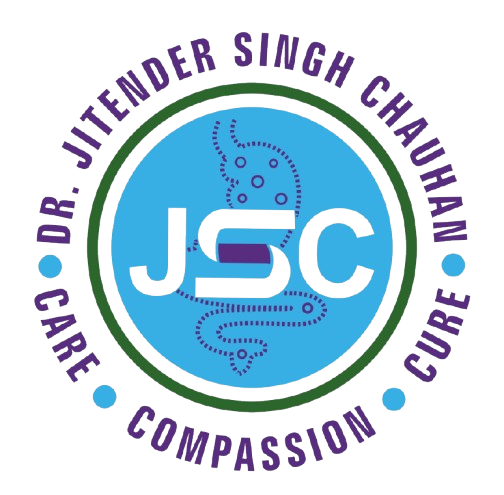Dr. Jitender Singh Chauhan
Best Onco Surgeon in Haryana
This is where Dr. Jitender Singh Chauhan steps in as one of the most trusted Gastro Surgeons and Oncology experts in Haryana, with over 15 years of experience in treating various complex gastrointestinal and oncological conditions. Dr. Jitender Singh Chauhan stands out among other specialists in Haryana due to his extensive training, compassionate care, and dedication to providing the best surgical outcomes for his patients.


Dr. Jitender Singh Chauhan
Dr Jitender Singh chauhan is the leading liver cancer specialist in India. He has treated hundreds of patients with liver cancers. He has more than 15+ years of experience in treating liver cancer.
Management of liver cancer involves proper diagnosis & early treatment. Diagnosis is performed with Triple phase CT scan & AFP level. The treatment involves surgery, chemotherapy, TACE, TARE or RFA.
Trusted Name
11500+ satisfied patients
Rich Experience
Having 15+ years of experience
Safe Surgical Hands
1000+ successful operations performed

Endoscopic Retrograde Cholangiopancreatography (ERCP)
Endoscopic Retrograde Cholangiopancreatography (ERCP) is a specialized procedure used to diagnose and treat conditions of the bile ducts, pancreatic ducts, and gallbladder. By combining endoscopy and fluoroscopy, ERCP allows the physician to visually examine the ducts and perform necessary interventions, such as removing blockages, placing stents, or taking tissue samples (biopsies). This procedure plays an essential role in managing conditions such as bile duct stones, strictures, pancreatic cancer, and chronic pancreatitis.
Why Choose ERCP?
Diagnostic and Therapeutic Capabilities:
ERCP is a versatile procedure that not only helps in diagnosing disorders of the bile ducts and pancreas but also allows for immediate therapeutic interventions like stone removal or stent placement, which can prevent the need for more invasive surgeries.
Minimally Invasive
ERCP provides a less invasive option compared to traditional surgery for addressing biliary and pancreatic conditions.
Therapeutic Benefits
Stones can be removed, blockages relieved, and tissue samples obtained during the procedure, making it both a diagnostic and therapeutic tool.
Accurate Diagnosis
ERCP can identify the cause of jaundice, abdominal pain, or abnormal liver function tests.
Procedure Overview
During ERCP, Dr. Jitender Singh Chauhan uses an endoscope (a thin, flexible tube equipped with a camera) to access the bile and pancreatic ducts via the mouth and stomach. A contrast dye is injected into the ducts, and X-rays are taken to identify any obstructions or abnormalities. The procedure typically lasts 30 to 90 minutes, depending on the complexity, and is performed under sedation to ensure patient comfort.
Before the Procedure:
Patients are required to fast for 6-8 hours before undergoing ERCP. It is crucial to inform Dr. Jitender Singh Chauhan about any medications you are taking, especially blood thinners, as some may need to be stopped before the procedure.
During the Procedure:
Under light sedation, the endoscope is carefully guided through the mouth, esophagus, and stomach to reach the small intestine. A dye is injected into the bile and pancreatic ducts, allowing for detailed X-ray imaging. If stones, strictures, or other abnormalities are found, treatment such as stone removal or stent placement can be performed during the procedure.
Post-Procedure Recovery:
After the ERCP, patients will be monitored as the effects of sedation wear off. Some may experience mild bloating or throat discomfort, but most can return to normal activities within a day. Dr. Jitender Singh Chauhan will discuss the results and any next steps after the procedure, or during a follow-up appointment.
Why Is ERCP Recommended?
Indications for ERCP:
- Bile Duct Stones: Removal of stones causing blockages in the bile ducts.
- Jaundice: Investigating the cause of jaundice or abnormal liver function tests.
- Pancreatic Duct Blockages: Treatment of blockages or narrowing in the pancreatic ducts.
- Bile Duct Strictures or Tumors: Diagnosing and treating narrowing or tumors in the bile ducts.
- Chronic Pancreatitis: To relieve pain or complications caused by chronic inflammation of the pancreas.
- Gallbladder and Bile Duct Cancer: Detecting and sometimes treating cancers of the bile ducts and gallbladder.
Why Choose Dr. Jitender Singh Chauhan?
Dr. Jitender Singh Chauhan, a highly experienced and skilled GI cancer specialist and surgical oncologist, is based in Ambala Cantt, Haryana, India. Known for his exceptional surgical precision and compassionate patient care, Dr. Chauhan has established himself as a leading expert in gastrointestinal cancer surgeries. His expertise spans across treating complex cases involving liver, stomach, pancreas, and colorectal cancers, positioning him as one of the top oncologists in the region.
Dr. Jitender Singh Chauhan, a highly respected onco surgeon in Haryana, leads a dedicated and expert team at his practice. Working alongside experienced medical oncologists, radiation oncologists, and interventional radiologists, Dr. Jitender Singh Chauhan provides comprehensive care for patients dealing with various cancers.
Dr. Jitender Singh Chauhan, a highly esteemed onco surgeon in Haryana, is renowned for his expertise in managing advanced stages of cancer, including the complex treatment of stage 4 cancers. With a focus on gastrointestinal (GI) cancers, Dr. Chauhan’s practice provides a wide range of cancer care services, including chemotherapy and surgical interventions.
Frequently Asked Questions
No, ERCP is typically not painful. Sedation is administered to ensure the patient is comfortable throughout the procedure.
Most patients can resume normal activities within 24 hours after the procedure, although mild discomfort in the throat or abdomen may occur.
While ERCP is generally safe, there are potential risks, including pancreatitis, infections, bleeding, or perforation of the intestine. These risks are rare and minimized when the procedure is performed by an experienced specialist like Dr. Jitender Singh Chauhan.
The frequency of ERCP depends on the specific condition being treated. In many cases, one procedure is sufficient to diagnose and treat the issue, although some patients with chronic conditions may require follow-up procedures.

